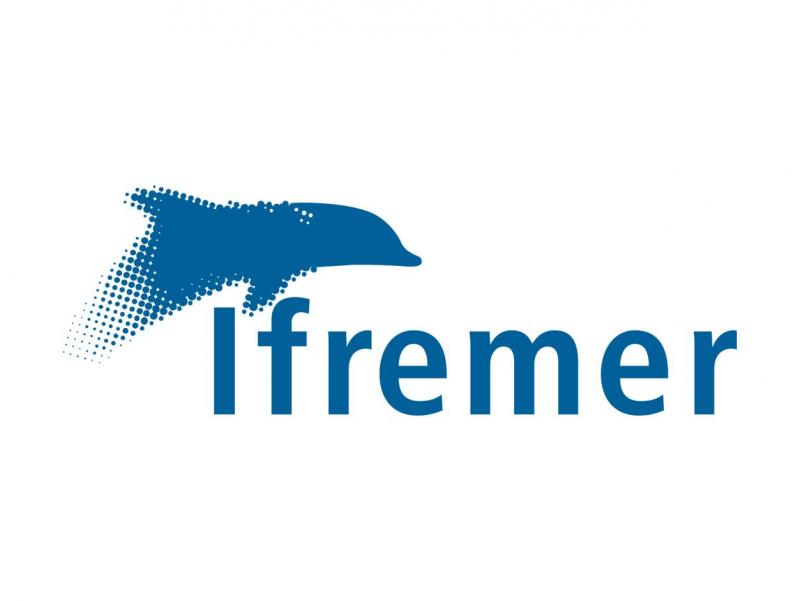Optimized Transmission of Spherical Video Streams for Immersive Teleoperation of Autonomous Robots
| ABG-131047 | Sujet de Thèse | |
| 15/04/2025 | Contrat doctoral |
- Informatique
- Sciences de l’ingénieur
Description du sujet
|
Context and Motivation This PhD project is part of a new collaboration between the DRIVE Laboratory at Université Bourgogne Europe on the Nevers campus in France (https://drive.ube.fr/) and the CNRS-AIST JRL Laboratory, IRL 3218 in Tsukuba, Japan (http://jrl.cnrs.fr). Robot teleoperation is a key challenge in many fields, from exploration in hazardous environments (disaster zones, dangerous industrial sites, underwater or space missions) to the maintenance of critical infrastructure and human assistance. The use of 360° cameras enhances the operator’s perception and immersion, thereby facilitating remote control and interaction with the environment. However, real-time transmission of such high-definition and non-conventional geometry video streams presents several major challenges:
This PhD position aims to explore advanced strategies such as adaptive tiling, intelligent multicast, and spherical mesh optimization to enhance video streaming in a shared-control robot teleoperation context. |
|
Scientific and Technical Objectives The main goal is to design an efficient transmission framework enabling smooth interaction between a remote operator and a robot equipped with 360° cameras, while minimizing network and computational resource usage.
Scientific and Technical Challenges
Applications and Impact The outcomes of this thesis can be applied in multiple domains:
|
|
Expected profile: Applicants must hold a Master’s or Engineering degree in Computer Science. Solid knowledge in Artificial Intelligence, including machine learning and deep learning, as well as practical skills in programming and software tools (e.g., Python, C++) are required. Fluent English (written and spoken) is also essential. Candidates must be highly motivated, quick learners, and able to work effectively on challenging research problems. |
|
Funding: This position is supported by dual funding:
Important dates: Application deadline: Early May 2025 Expected start date: September / October 2025 |
Prise de fonction :
Nature du financement
Précisions sur le financement
Présentation établissement et labo d'accueil
This PhD project is part of a new collaboration between the DRIVE Laboratory at Université Bourgogne Europe on the Nevers campus in France (https://drive.ube.fr/) and the CNRS-AIST JRL Laboratory, IRL 3218 in Tsukuba, Japan (http://jrl.cnrs.fr).
Site web :
Intitulé du doctorat
Pays d'obtention du doctorat
Etablissement délivrant le doctorat
Ecole doctorale
Profil du candidat
Applicants must hold a Master’s or Engineering degree in Computer Science. Solid knowledge in Artificial Intelligence, including machine learning and deep learning, as well as practical skills in programming and software tools (e.g., Python, C++) are required. Fluent English (written and spoken) is also essential. Candidates must be highly motivated, quick learners, and able to work effectively on challenging research problems.
Vous avez déjà un compte ?
Nouvel utilisateur ?
Vous souhaitez recevoir nos infolettres ?
Découvrez nos adhérents
 Groupe AFNOR - Association française de normalisation
Groupe AFNOR - Association française de normalisation  Ifremer
Ifremer  Généthon
Généthon  TotalEnergies
TotalEnergies  MabDesign
MabDesign  Aérocentre, Pôle d'excellence régional
Aérocentre, Pôle d'excellence régional  Laboratoire National de Métrologie et d'Essais - LNE
Laboratoire National de Métrologie et d'Essais - LNE  CASDEN
CASDEN  SUEZ
SUEZ  ADEME
ADEME  MabDesign
MabDesign  ASNR - Autorité de sûreté nucléaire et de radioprotection - Siège
ASNR - Autorité de sûreté nucléaire et de radioprotection - Siège  Institut Sup'biotech de Paris
Institut Sup'biotech de Paris  ANRT
ANRT  CESI
CESI  Nokia Bell Labs France
Nokia Bell Labs France  PhDOOC
PhDOOC  ONERA - The French Aerospace Lab
ONERA - The French Aerospace Lab  Tecknowmetrix
Tecknowmetrix






